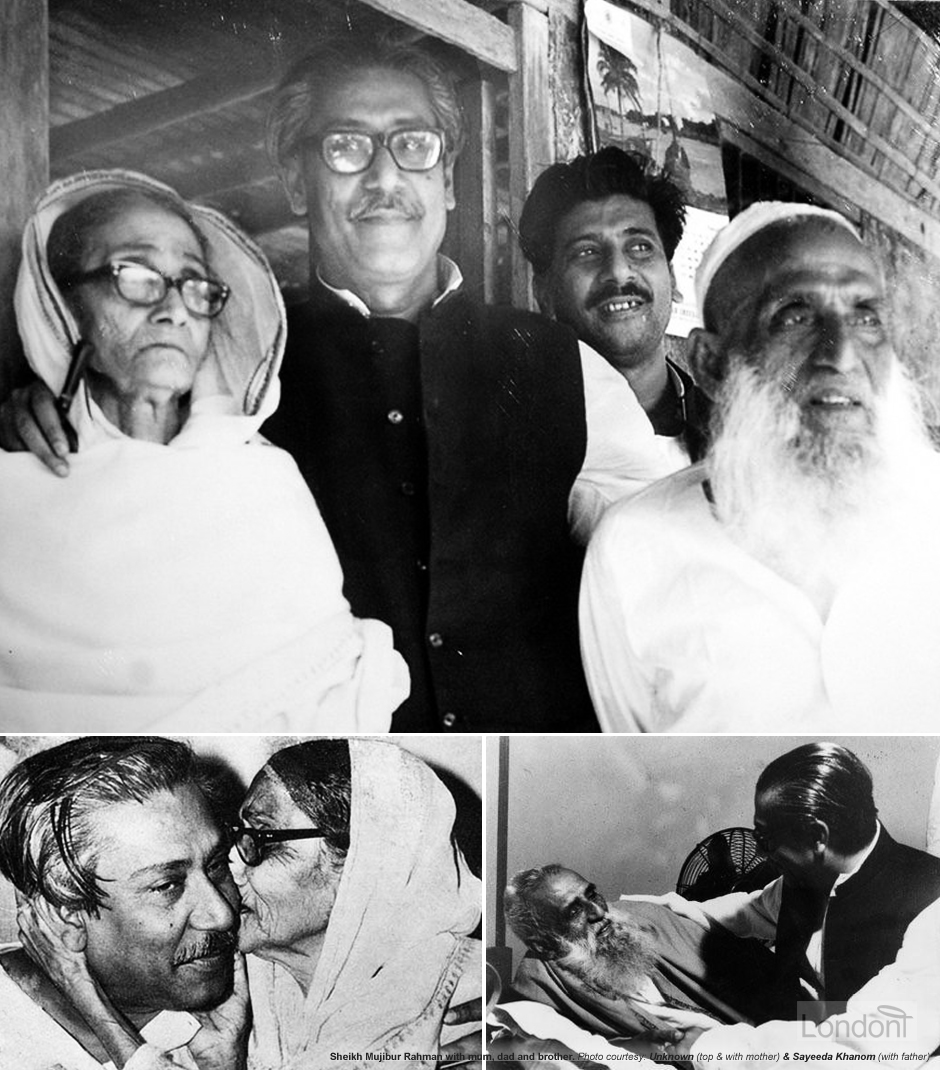

That brutal action unleashed the powerful movement that culminated in the birth of the new nation of Bangladesh in 1971. On 21 February 1952 the police opened fire on a peaceful student procession killing many. Sheikh Mujib describes vividly how-despite being in prison-he was in the forefront of organizing the protests that followed the declaration of Urdu as the state language of Pakistan. What the narrative brings out with immediacy and passion is his intellectual and political journey from a youthful activist to the leader of a struggle for national liberation. These are Sheikh Mujib’s own words-the language has only been changed for absolute clarity when required. The last notebook ends with the events accompanying the struggle for democratic rights in 1955. They cover the Bengali language movement, the first stirrings of the movement for Bangladesh independence andself-rule, and powerfully convey the great uncertainties as well as the great hopes that dominated the time.

Written during Sheikh Mujibur Rahman’s sojourns in jail as a state prisoner between 19,they begin with his recollections of his days as a student activist in the run-up to the movement for Pakistan in the early 1940s. His daughter, Bangladesh Prime Minister Sheikh Hasina, had the notebooks their pages by then brittle and discoloured- carefully transcribed and later translated from Bengali into English. When Sheikh Mujibur Rahman’s diaries came to light in 2004, it was an indisputably historic event. It highlights Bangabandhu’s determination to Operationalize these principles through his policy agendas in post-liberation Bangladesh to construct a secular, just, egalitarian and exploitation free society.

It explores Bangabandhu’s political philosophy expressed through his writings and supported by his political actions which was later incorporated in the Bangladesh Constitution as the four guiding principles of state : nationalism, democracy, secularism and socialism. It discusses Bangabandhu’s unique role in leading the Bengali nationalist struggle, his steadfast commitment to the nationalist cause as a way of liberating the down-trodden masses from exploitation and oppression, and his Six-point programme which served as the manifesto for self-rule that eventually culminated in the Liberation War and the emergence of Bangladesh as an independent state. Philosophy, politics and policies draws on his own writings and on one of the author’s first hand interaction with him in the world of politics and policy-making.


 0 kommentar(er)
0 kommentar(er)
